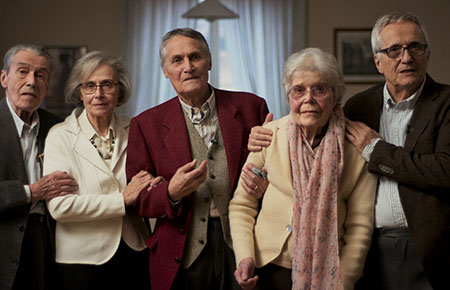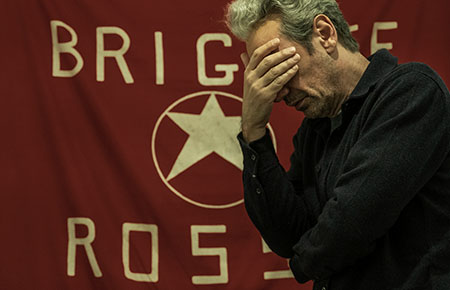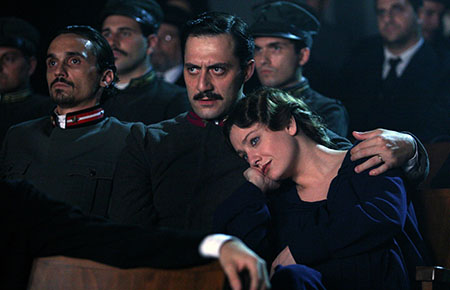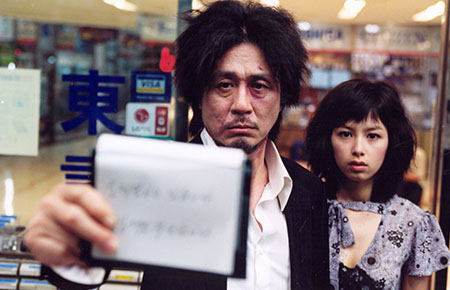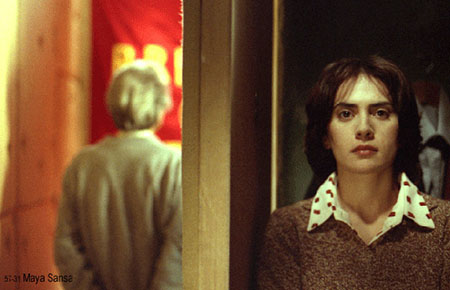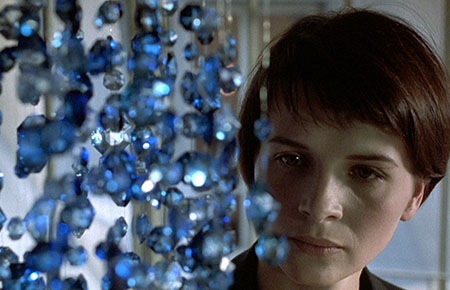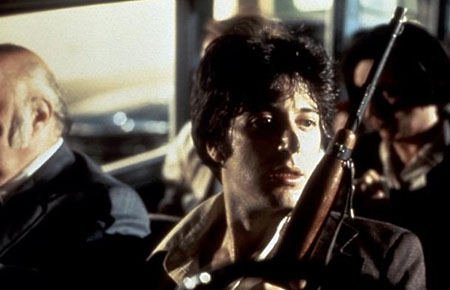영화 정보
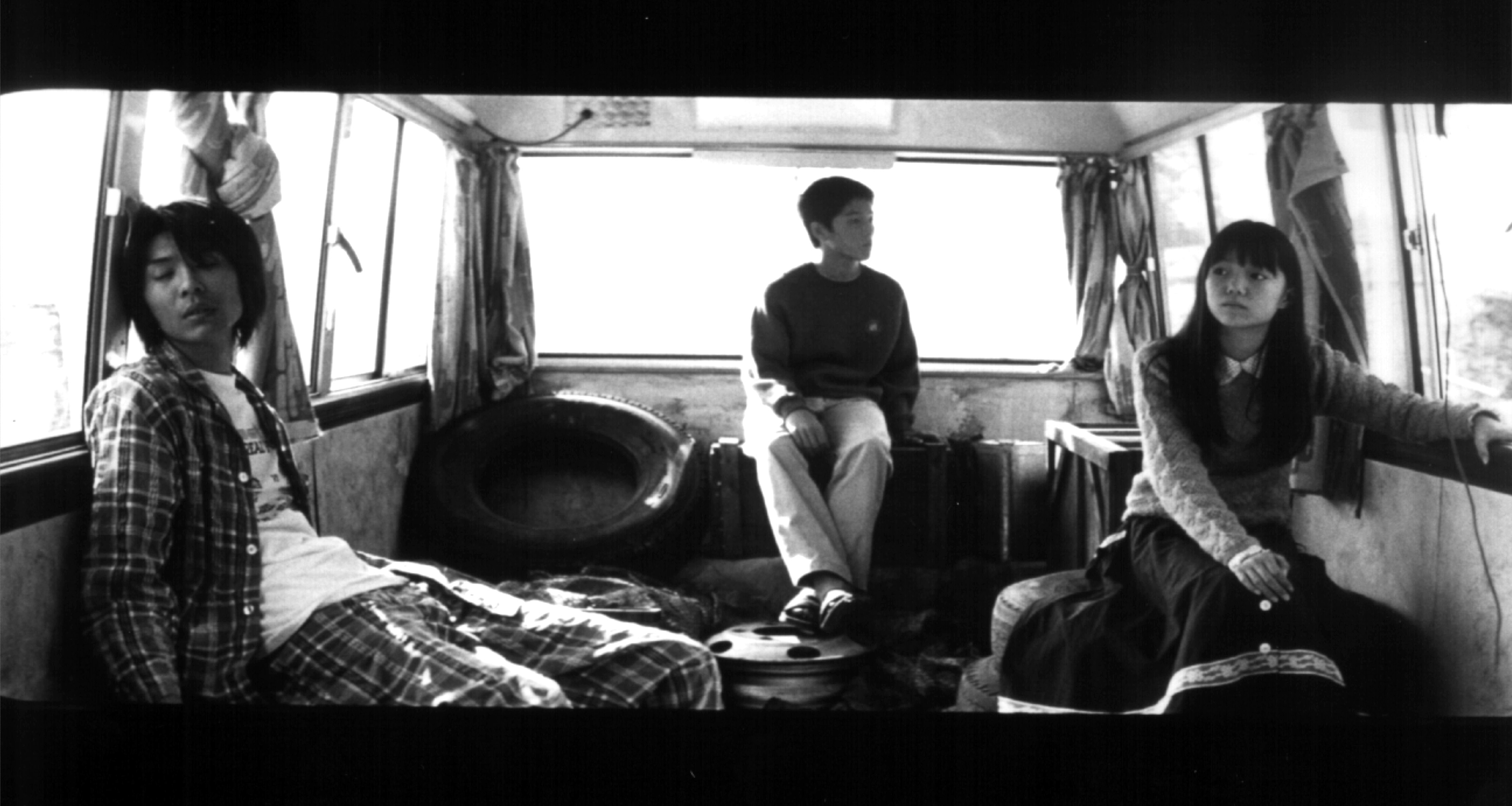
Eureka (remastered)
Cannes Competition FIPRESCI Prize
Travel/Road Movie
Crime/Violence
Coming of Age
- CountryJapan
- Production Year2000
- Running Time218min
- FormatDCP
- ColorB&W
Program Note
“It approaches in silence, settles in with unhurried grace, and ultimately stirs the deepest chambers of the heart. A masterpiece from Aoyama Shinji, a farewell gift from one who has now left us.” — Director BONG Joon-ho
Eureka is the second installment in Aoyama Shinji’s ‘Kitakyushu Trilogy’ (which includes Helpless, Sad Vacation). It stands not only as his representative work but also as one of the essential films in any discussion of 21st-century cinema. Eureka reaches new lives, new landscapes and new cinema screens, traveling through the echoes of John Ford’s The Searchers (1956), Ozu Yasujiro, and Jean-Luc Godard. Shot in monotone with slow lateral tracking and music, the film records in detail their languid, ominous, bleak, and anxious days into its very form. Also it resonates with the landscape, sunlight, wind, footsteps, and gestures and creates a mood both tranquil and chilling. We come to realize his absence right after being moved by Aoyama Shinji′s heart that patiently waits for his characters to recover, slowly, from grief and loss. What will we witness in the final scene of Eureka after Shinji′s death? No - what is that we can no longer see in the final scene? (PARK Inho)
Eureka is the second installment in Aoyama Shinji’s ‘Kitakyushu Trilogy’ (which includes Helpless, Sad Vacation). It stands not only as his representative work but also as one of the essential films in any discussion of 21st-century cinema. Eureka reaches new lives, new landscapes and new cinema screens, traveling through the echoes of John Ford’s The Searchers (1956), Ozu Yasujiro, and Jean-Luc Godard. Shot in monotone with slow lateral tracking and music, the film records in detail their languid, ominous, bleak, and anxious days into its very form. Also it resonates with the landscape, sunlight, wind, footsteps, and gestures and creates a mood both tranquil and chilling. We come to realize his absence right after being moved by Aoyama Shinji′s heart that patiently waits for his characters to recover, slowly, from grief and loss. What will we witness in the final scene of Eureka after Shinji′s death? No - what is that we can no longer see in the final scene? (PARK Inho)
Schedule
- CODE
- DATE
- TIME
- THEATER
code408
date09-23
time18:00
theaterBusan Cinema Center Cinema 1
1515세관람가
KE GV
Director
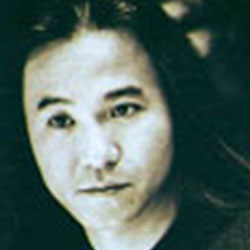

AOYAMA Shinji
Born in Fukuoka, Japan, in 1964, he began gaining recognition with Helpless (1996) and is known for his poetic and dark body of work often set in the Kyushu region. In addition to filmmaking, he has also been active as a novelist, critic, and educator. Many of his films, including Tokyo Park (2011) and The Backwater (2013), have been invited to international film festivals. His film Eureka (2000) was screened at festivals such as Toronto and Rotterdam, and won both the FIPRESCI Prize and the Ecumenical Jury Prize at the Cannes Film Festival.
Credit
- DirectorAOYAMA Shinji
- ProducerTakenori SENTÔ
- Co-producerTsukasa ARIYOSHI
Philippe AVRIL - CastKôji YAKUSHO
Aoi MIYAZAKI
Masaru MIYAZAKI - ScreenplayShinji AOYAMA
- CinematographyMasaki TAMURA
- EditorShinji AOYAMA
- MusicShinji AOYAMA
- Production CompanyDENTSU Music And Entertainment
Imagica Corp.
J Works
Les Films de L′Observatoire
Suncent CinemaWorks
Tokyo Theatres - World SalesWild Bunch
Photo






.jpg)
.jpg)
.jpg)
.jpg)
